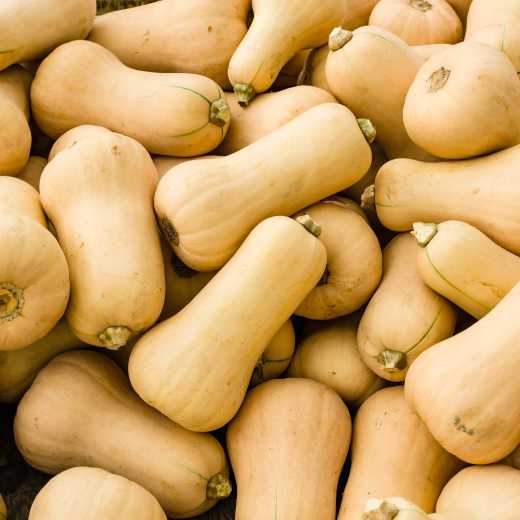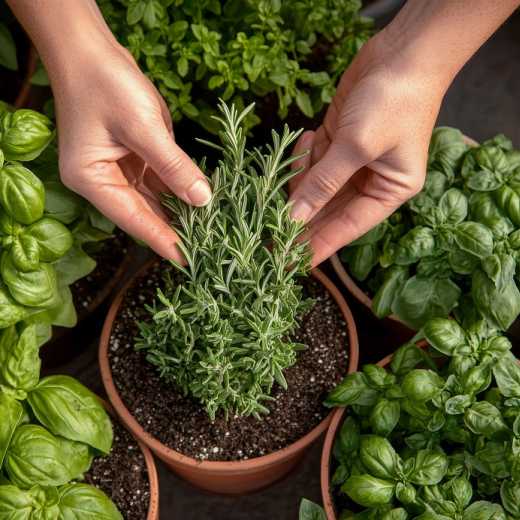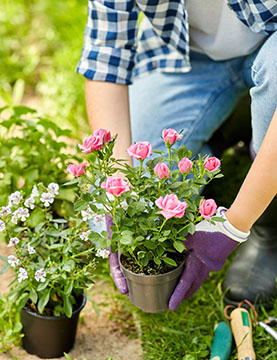Sustainable Events
SUSTAINABLE EVENTS
A sustainable event aims for a minimal impact on the environment. These guidelines recommend practices for garden club events but can be used to minimize waste and pollution at any event that you host, sponsor, or organize. While a zero-waste event may be out of reach, waste-wise events are well within reach for garden clubs and their members. We often have a limited choice of venues for our garden club events, especially as we want to keep the costs down for our members. Nevertheless, we should always ask about sustainability. The more venues hear this request, the more motivated they will be to comply. There are often cost savings for the venues if they follow sustainable practices.
Benefits
Branding your event as sustainable and noting this in flyers, programs, websites and social media makes members and the public more aware of the many ways that garden clubs are environmentally conscious and committed.
Recycle, Reuse and Repurpose
- Recycling is readily available in many parts of the country, but venues often put all the waste in a dumpster, and it is sent to the landfill. If you are renting a venue, be sure to ask about their recycling procedures and ask to see the bins. Check with local authority to find out what they will recycle; this varies considerably. Make sure that all trash/recycling bins in the public areas have appropriate signage.
- Plastic straws should only be available for those who need them!
- No styrofoam!
- Avoid passing out plastic water bottles. Set up water stations where members can fill their own bottles. Consider gifting reusable water bottles with your logo as part of the registration.
- Be certain that any plastics that must be used are recyclable.
- Composting food waste, compostable paper products and corn-based utensils may be more difficult to implement when dealing with a commercial venue, but more readily available when meetings are held at venues owned by garden clubs or their members.
- Whenever possible use ceramic, glass and metal tableware that will be reused.
- Do not stuff gift bags with Chamber of Commerce pamphlets and other printed materials. Most of these will be dumped into the trash and not recycled. Set out these materials on a table near registration, where those who wish can pick them up.
- Limit paper use. Send out as much information as possible via e-mail with pdf attachments. Use electronic registration.
- Reuse plastic name badges and recycle paper inserts.
- Ask that all lecture handouts be printed on recycled paper (no chlorine, 100% recycled, 50% post-consumer). Goldenrod and fluorescent papers are almost impossible to recycle. Vegetable inks are preferable. Be sure that there are recycling bins for any papers not needed.
Energy Efficiency
We don't really have much control over the HVAC at our venues, but at overnight events urge members to turn off the HVAC in their hotel rooms during the day. Reward members who carpool. In general, we are a thrifty lot and enjoy chatting during a drive, but a ticket for a drawing for a plant given to every passenger and maybe two tickets to the driver is extra incentive. Anyone who arrives on foot, on bicycle or by public transportation should also get a ticket.
Cost Benefits
Serving condiments in larger containers, not in single use packets, can save 50% on the condiment budget.
Checklist & Planning
- Appoint a Sustainability Chairman for the event. The Chairman will :
- Contact local authorities to determine exactly what is recyclable at the venue
- Monitor the sustainable practices
- Produce a report to present during the event
- Produce a final assessment with recommendations.
- Decide on your general sustainability goals for the event.
- Keep track of all the sustainable practices used by garden club, venue and vendors. Include these in the programs to educate members.
- How will waste be handled?
- Ask venue and vendors what sustainable/green practices they already employ.
Purchasing
- Is it really necessary or are we just doing this because it has been done before?
- Can it be recycled?
- Can it be composted?
- Can it be repurposed or reused?
- Is there a similar item available with recycled content?
- Can it be purchased with minimal packaging?
- Can it be bought in bulk with less packaging?
- Can it be reused at a future event?
- Who will inventory and store these items?
Presenters
Search for local experts to reduce costs and transport emissions. Giveaways can be more meaningful if there is a logo. Consider:
- Keychains
- Reusable bags
- Small flashlights
- Coffee mugs
- Reusable water bottles
- Pads made from recycled paper
- Pens and pencils
- T-shirts
- Magnets
- seed packets
- Local honey
Catering
Buffets save money and food. Members only take what they want.
Plated meals are typically boxed meals and create more waste.
- Anything locally sourced is preferred.
- Discuss the caterer's recycling practices.
- Confirm that caterer can supply vegetarian, vegan and gluten free meals. This does not mean that they can serve a plate of steamed vegetables and fruit cocktail as a meal.
- Consider serving at least one vegetarian meal for all.
- Request or make arrangements for excess food to be delivered to shelters or food banks.
- Ask for shade-grown, organic , fair trade, coffee and teas in ceramic cups. What is the fee?
- Ask for drinks setups with pitchers or jugs with spigots and glasses.
- If there is a bio-fuel company in your area, ask if they collect cooking grease for conversion to bio-fuel.
Sources
https://en.wikipedia.org/wiki/Sustainability
How to Plan a Sustainable Event: A Guide for Creating a Waste Wise Event by Julia L. Wright

 Member Login
Member Login






